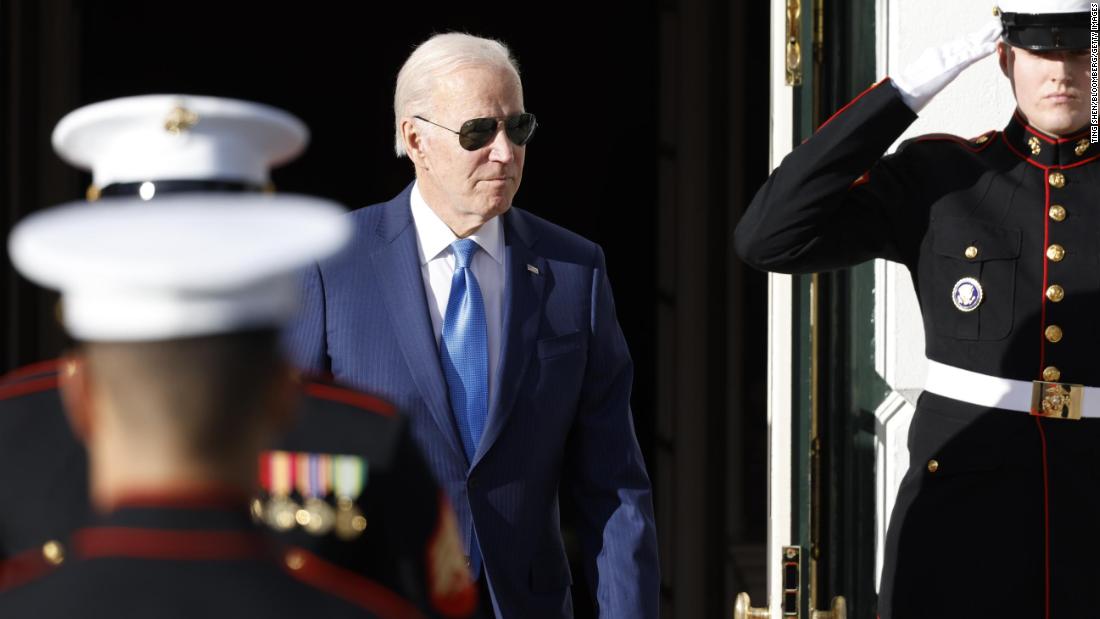Vote to Hold Steve Bannon in Contempt of Congress Opens Legal Quagmire
The most recent charged and convicted criminal contempt of Congress cases occurred in the 1970s. Bannon’s could take years to litigate.

While the Jan. 6 select committee has unanimously voted to hold Steve Bannon in contempt for defying a recent subpoena from its investigators, the push to prosecute Trump consigliere Steve Bannon relies on a law that hasn’t produced a conviction in decades and could take years to litigate, reports Politico. Contempt is one of the House’s only tools to punish witnesses who refuse to cooperate, but it’s riddled with legal loopholes and ambiguities that could allow Donald Trump’s allies to bury the Jan. 6 select committee in court challenges — without ever producing new evidence about the former president’s effort to overturn the 2020 election.
Advocates for criminal contempt say that its successful use isn’t measured in completed prosecutions, but rather in its ability to persuade a target to cooperate. Bannon has lodged a claim of executive privilege that, no matter how flimsy, is likely to force the committee into possibly years-long litigation. Bannon indicated no willingness to deal with the panel until those legal matters are sorted out. If Bannon were charged under the misdemeanor contempt statute, prosecutors would have to prove that Bannon “willfully” defied Congress. The most recent charged and convicted criminal contempt of Congress cases occurred in the 1970s, when Watergate scandal figures G. Gordon Liddy and Richard Kleindienst were convicted and pleaded guilty, respectively, for refusing to answer congressional questions.

 Landwebs
Landwebs 





















